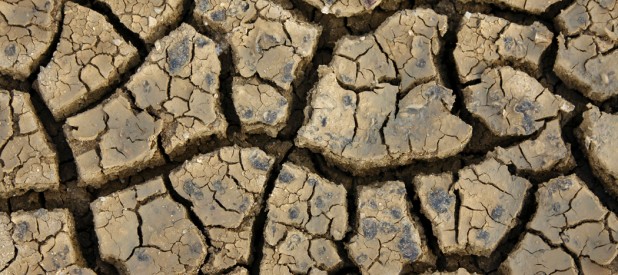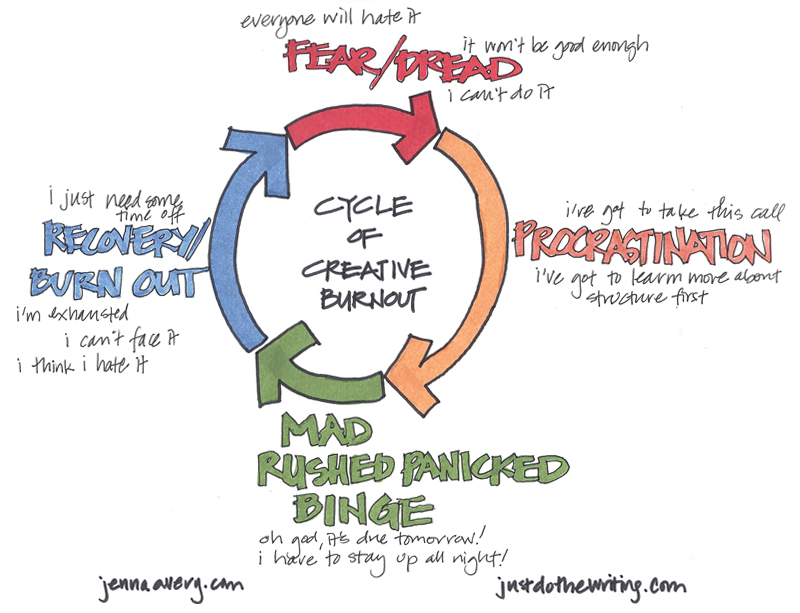In my Called to Write community we periodically talk about creative burnout.
In our Western culture we work hard, driven by puritanical work ethics, cultural programming, keeping up with the Joneses, guilt, etc. It’s no wonder we’re exhausted.
We push and push ourselves, expecting our wells of creativity, resourcefulness, and inspiration never to run dry.
And then one day, we turn to the well and find it empty. No ideas. Maybe even a sense of dread and apathy.
The only way out is through
In a recent blog post, Mark Sanderson talks about his experience with this kind of creative depletion and how he recovered from it. Interestingly, his solution had to do with carrying on and doing the work no matter what.
He said:
“Some call it ‘writer’s block.’ I call it sheer terror. When this happens you need to relax and continue to work at your process. I know this too well from experience, but it still proves true every time – the only way to solve specific problems is to sit down and focus on the work.”
It seems the only way out is through.
It takes courage
Writing — for that matter doing anything that calls us to step out of our comfort zone — requires a great deal of courage. A willingness to be uncomfortable often. To sit in it, do the work, and get to the other side.
No wonder we tend to procrastinate rather than facing that terror and doing it anyway.
Procrastination and burnout are close cousins
I’ve observed that procrastination plays a key role in creative burnout — part of a vicious, intertwined cycle:
The reason we work past the point of endurance and exhaust ourselves is that we have procrastinated for so long that we are forced to push ourselves. And the reason we procrastinate that we are afraid.
I love what Steven Pressfield says about fear in his book Turning Pro:
“The professional, by the way, is just as terrified as the amateur. In fact the professional may be more terrified because she is more acutely conscious of herself and her interior universe. The difference lies in the way the professional acts in the face of fear.”
Coming up in future posts: Recovering from creative burnout and creating a cycle of creative renewal.
Tell me what you think
I love to read your comments on the blog.
Warmly,



